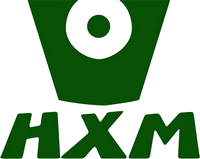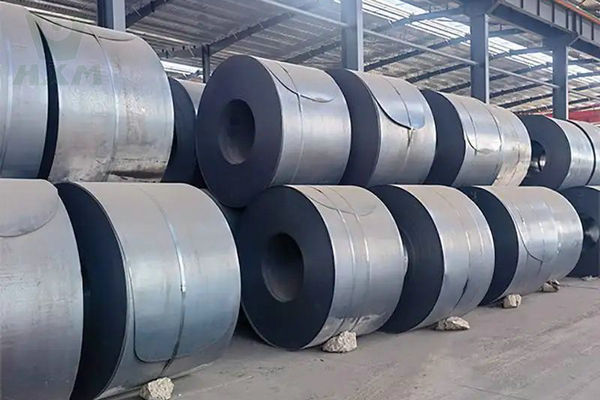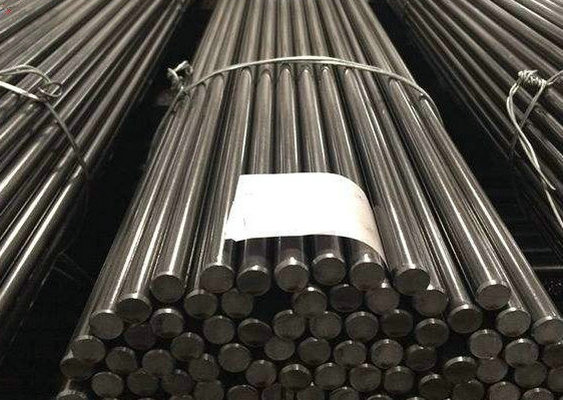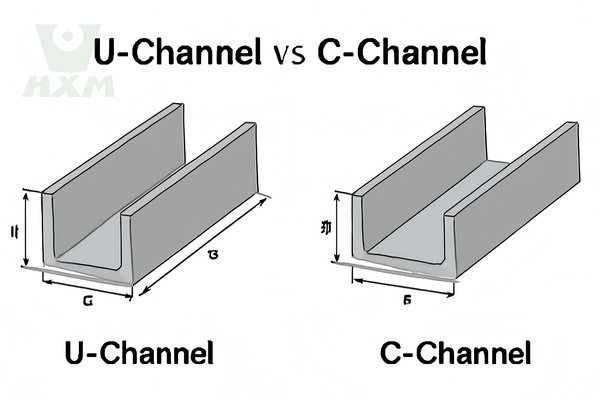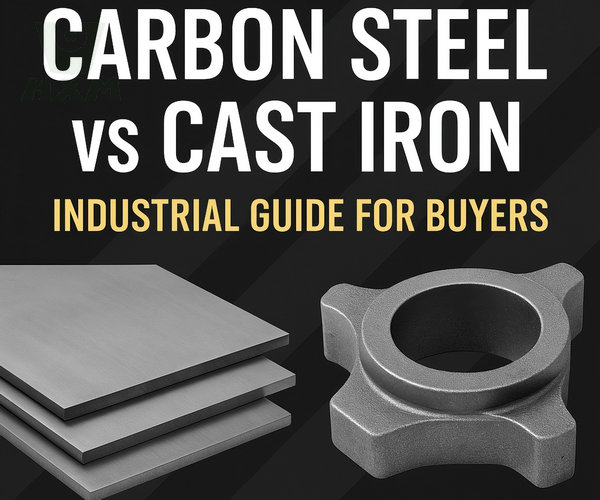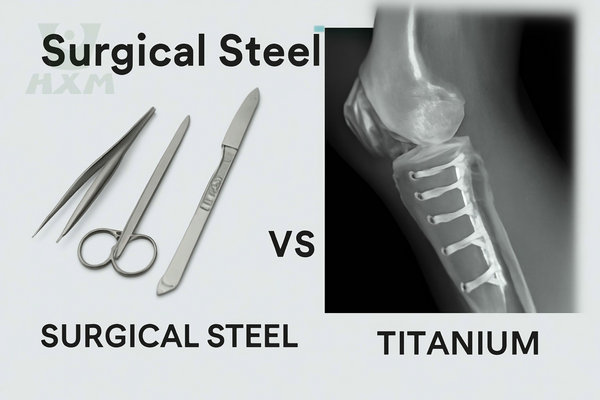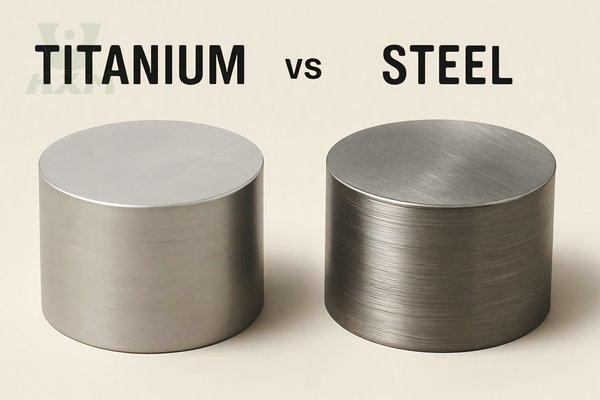In this comparison, we will explore the definitions of both grades, analyze their differences in composition and properties, and ultimately determine which material is better suited for specific applications.
What Is 1040 Steel?
1040 steel is a medium-carbon steel alloy with a carbon content of around 0.40%. It is known for its balance of strength, toughness, and wear resistance, making it suitable for various applications in industries such as manufacturing, automotive, and machinery.
What Is 4140 Steel?
4140 steel, also known as AISI 4140 or SCM440, is a versatile alloy steel that contains chromium, molybdenum, and manganese in addition to iron and carbon. It has a carbon content of around 0.38% to 0.43%. The added alloying elements enhance the material’s strength, hardness, and overall performance. 4140 steel exhibits excellent toughness, wear resistance, and fatigue strength. This makes it suitable for a wide range of applications including axles, crankshafts, gears, and parts for machinery that require higher strength and durability.
1040 Steel Vs 4140 Steel Differences
The main differences between 1040 steel and 4140 steel are their composition, mechanical properties, heat treatment response and intended application. The choice between them depends on the specific requirements of the project and the desired performance balance.
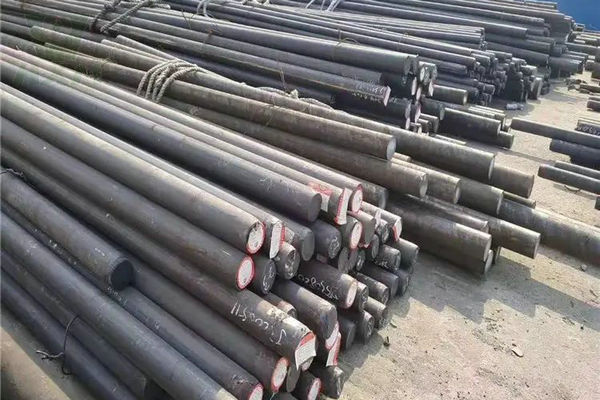
Chemical Compositions of 1040 Steel Vs 4140 Steel
| Chemical Element | 1040 Steel Composition (%) | 4140 Steel Composition (%) |
|---|---|---|
| Carbon (C) | 0.37 – 0.44 | 0.38 – 0.43 |
| Manganese (Mn) | 0.60 – 0.90 | 0.75 – 1.00 |
| Silicon (Si) | 0.15 – 0.35 | 0.15 – 0.35 |
| Chromium (Cr) | – | 0.80 – 1.10 |
| Molybdenum (Mo) | – | 0.15 – 0.25 |
| Iron (Fe) | Balance | Balance |
1040 Steel Vs 4140 Steel Strength and Hardness:
4140 steel generally has higher strength and hardness compared to 1040 steel due to its alloying elements. This makes 4140 steel suitable for applications requiring greater load-bearing capacity.
1040 Steel Vs 4140 Steel Toughness:
4140 steel also boasts better toughness, which means it can better withstand impact and shock loads without fracturing. This property is crucial for parts subjected to heavy-duty applications.
1040 Steel Vs 4140 Steel Machinability:
While both steels are machinable, 1040 steel is easier to machine due to its lower carbon content. 4140 steel might require more careful machining to prevent excessive tool wear.
1040 Vs 4140 Steel Heat Treatment:
4140 steel responds well to heat treatment, which allows for customization of its properties. It can be quenched and tempered to achieve desired levels of hardness, strength, and toughness. 1040 steel, being a lower alloy steel, doesn’t respond to heat treatment as dramatically.
1040 Steel Vs 4140 Steel Cost:
The cost difference between 1040 steel and 4140 steel can vary based on several factors, including market conditions, availability, and the specific supplier you’re working with. However, in general, 4140 steel tends to be more expensive than 1040 steel due to its alloying elements and the enhanced properties it offers.
4140 steel contains chromium, molybdenum, and other alloying elements that contribute to its higher strength, toughness, and overall performance characteristics. These alloying elements can increase the cost of production and processing, which can translate to a higher cost for the final product.
On the other hand, 1040 steel is a simpler carbon steel with a lower alloy content, making it generally more economical to produce. Its straightforward composition often results in a lower price compared to alloy steels like 4140.
It’s important to note that the cost difference can also be influenced by factors such as the form of the material (raw steel bars, sheets, forgings, etc.), the quantity being purchased, and the current market conditions for steel. If you’re working on a project where cost is a significant factor, it’s advisable to obtain quotes from multiple suppliers and compare the prices for both 1040 and 4140 steel to make an informed decision based on your budget and performance requirements.
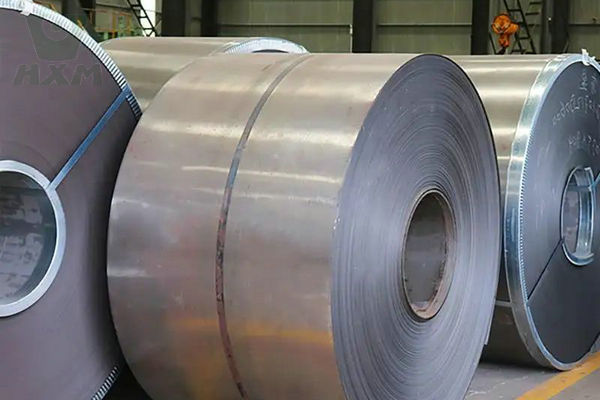
1040 Vs 4140 Applications:
1040 steel is often used for components that require moderate strength and machinability. 4140 steel is chosen for applications demanding higher strength, impact resistance, and fatigue resistance.
In conclusion
In summary, the choice between 1040 steel vs 4140 steel depends on the specific requirements of the application. If higher strength, toughness, and durability are needed, 4140 steel would be the preferred choice. For applications where machinability and moderate strength are sufficient, 1040 steel could be more suitable.
